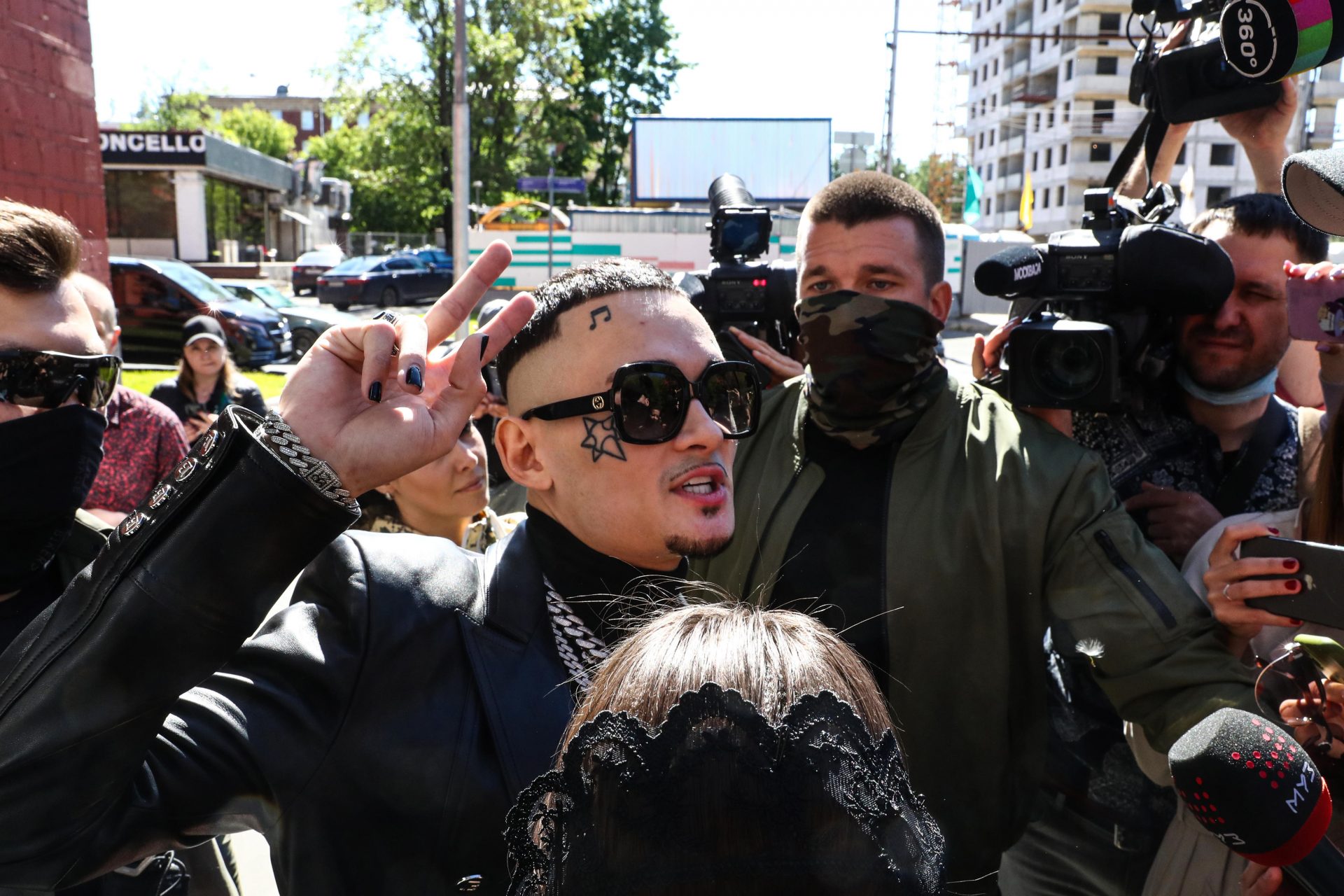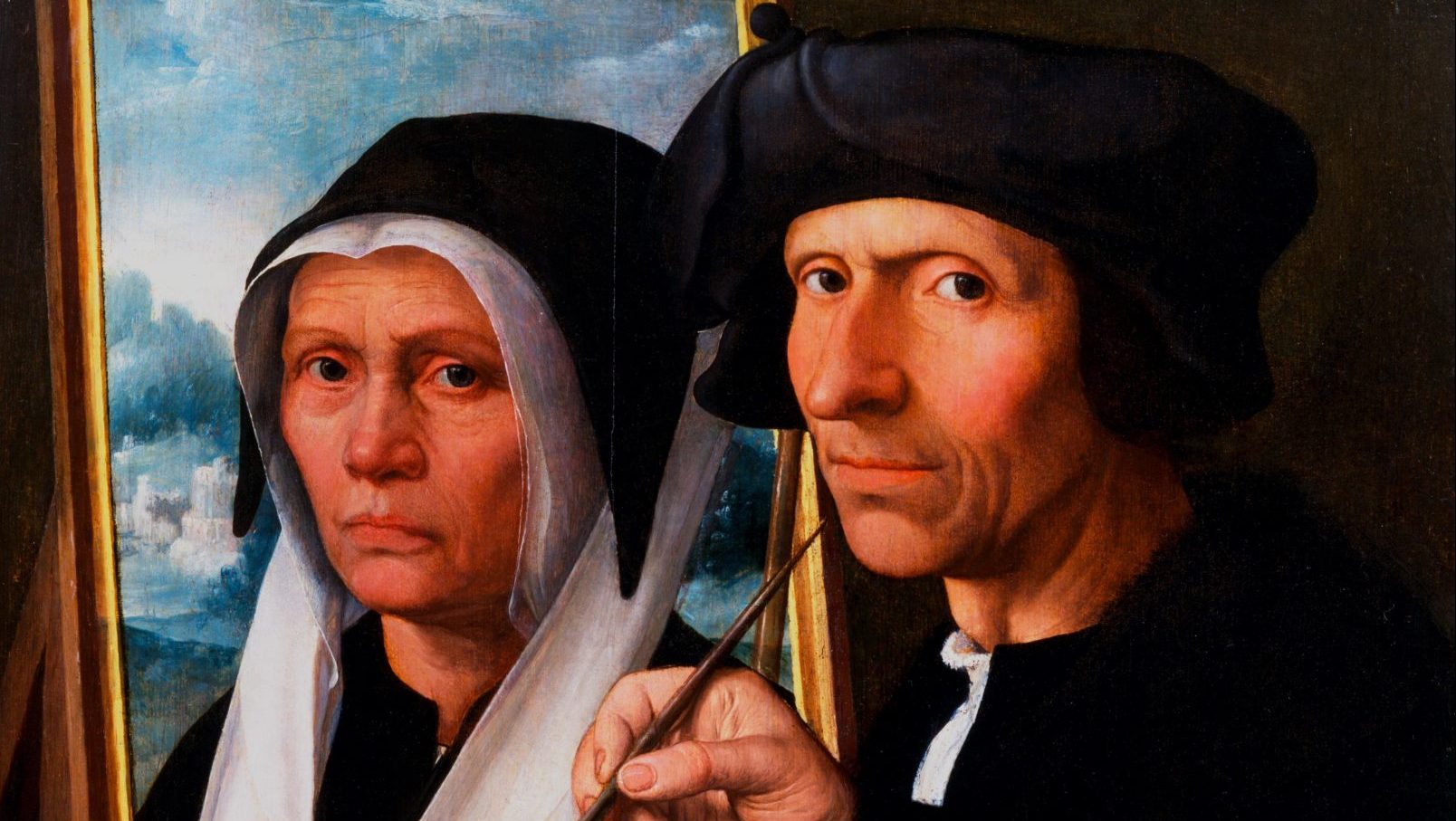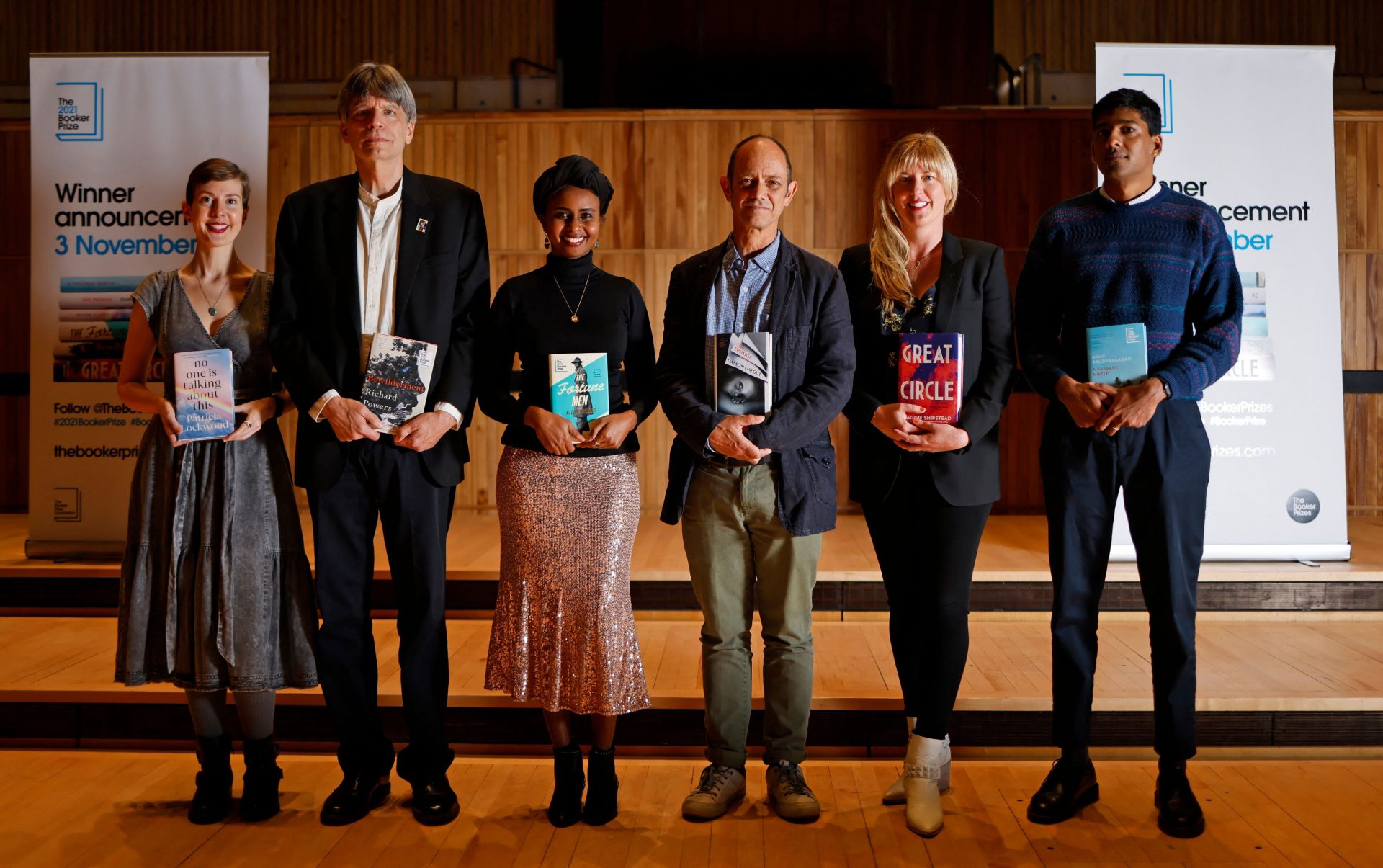“I spend on this, spend on that/ I pour Cristal or Chandon,” Russian rapper Morgenshtern sings on his biggest hit, Cristal & MOET (2020).
Characterised by the celebration of wealth with a large side order of misogyny that has long been boringly standard in a section of rap culture, the song’s video unfurls in a riot of black Mercedes and scantily clad dancers.
When it then rather prosaically turns into an ad for the tattooed and fur-coated rapper’s exclusive new downtown Moscow restaurant, it is difficult to believe that the 23-year-old superstar could have interests beyond his own self-aggrandisement.
Yet, in a country where wealth and power are virtual synonyms and the state seeks to dictate cultural standards, such a popular and rich personality – Morgenshtern was the most streamed artist in Russia since Spotify launched there last year and has been ranked No. 2 on Forbes’ Russian celebrities 2021 rich list – is unlikely to be two dimensional.
That was proven last month when the rapper – known for his extreme obscenity and constant trolling – chose to make remarks about the massive cost of Russia’s annual Victory Day parade in Moscow. “I honestly don’t understand this celebration of a victory that happened, what, 76 years ago. “Every year we spend millions on it,” the rapper said in a YouTube interview with opposition figure Ksenia Sobchak, adding: “There’s probably simply nothing else to be proud of.”
The group Veterans of Russia immediately issued a statement saying the rapper “conducts openly destructive activities and praises immoral values among young people”, and the Investigative Committee law-enforcement agency announced they would be responding to veterans’ calls for the remarks to be investigated.
Insulting war veterans carries a fine of up to five million rubles or a prison sentence of up to five years under a law brought in in March, partly as a means to keep Alexei Navalny behind bars for as long as possible after he called a veteran who appeared in a pro-Putin video a traitor. A Kremlin spokesman urged the rapper to take “moral responsibility” for what he had said and Morgenshtern soon issued an apology on Instagram.
It’s not the first time the rapper has fallen foul of the law. In June he was fined 100,000 rubles (£1,000) under a law prohibiting “propaganda or illegal advertising of narcotic drugs” for two collaborations with jailbird rapper Yung Trappa: Rose Wine 2, which included lines about “cooking crack” and the declaration “I smoke dope”, and Family, which similarly stated “I love smoking weed.”
And neither are Veterans of Russia or the government the only Russian institutions Morgenshtern has angered. In April, representatives of the Russian Orthodox Church objected to the “attempts to mock shrines” they perceived in the tongue-in-cheek video of New Wave, Morgenshtern’s collaboration with house music artist DJ Smash, which found the rapper taking drugs and hosting a wild end-of-the-world party in a church while dressed as the Pope. Then too prosecutors announced an investigation into whether any laws had been broken.
But Morgenshtern’s public profile is not just one of the bad boy of Russian rap. Hailing from Ufa, the capital of the obscure Russian Republic of Bashkortostan, he is an ethnic Bashkir, a historically repressed people under the Russian empire, while more recent accusations of harassment of Muslim Bashkirs by security services have been made.
Having lifted himself out of obscurity and into huge wealth, Morgenshtern hasn’t forgotten these roots, making a high-profile donation of 666,666 rubles (his “666” tattoo above his left eyebrow is his trademark) to the Our Children Foundation in Ufa to help their orphan mentoring programme.
But despite his Victory Day remarks and signs of ethnic pride, Morgenshtern couldn’t possibly be accused of having any coherent political stance. Other figures on the Russian rap scene, however, have very definitely taken sides.
Morgenshtern’s fellow Ufa native Face, made his name with I’m Dropping the West (2018), the video for which featured a Russian bear fighting Captain America. This was, he said, intended to “exaggerate and mock Russian pseudo-patriotism”. The previous year, a concert in Minsk was cancelled by the Prosecutor General’s Office due to the danger Face was felt to pose to the “moral health of the younger generation”. Performances at opposition rallies followed and Face has said venues have been warned off hosting his concerts.
Meanwhile, rapper Timati, whose collaboration with Morgenshtern, El Problema (2020), has almost 133 million views on YouTube, is an overt Putin follower. He’s made an ad in support of the president, released a song with the repeated line, “My best friend is president Putin”, performed at a victory rally in 2018, and released Moscow – praising the city’s Putin-supported mayor Sergei Sobyanin and his banning of gay pride parades – on the eve of the 2019 city council elections.
While Timati’s pro-Putin stance hasn’t harmed his career, Moscow was pulled from YouTube after it earned almost 1.5 million dislikes in a matter of days, and it is unclear if ranging themselves against Morgenshtern would ultimately do the authorities any favours.
What is clear is that Russian rap is no longer the music of social commentary and protest it perhaps once was but is reflective of a divided, often money-obsessed, society in a state of turmoil.
Morgenshtern in five songs
I Don’t Care (2019)
Possibly more accurately translated as “I Don’t Give A Fk”, this duet with pop singer Klava Koka, was Morgenshtern’s breakthrough hit.
Suck It (2020)
After Morgenshtern goaded his fans to vote down the video, the rapper’s hyper-offensive song earned the dubious accolade of being the most disliked Russian video on YouTube, getting 2.5 million negative votes and overtaking the record set by pro-Putin rapper Timati’s Moscow (2019).
Cadillac (2020)
This collaboration with Siberian rapper Eldzhey, a standard boast about Louis Vuitton bags, cars and “b**es” and claiming that their ad-libs “will kill you faster than coronavirus”, is one of Morgenshtern’s best-known tracks.
ICE (2020)
This celebration of diamonds gained publicity when a video of basketball star Shaquille O’Neal and his son Shaqir dancing to it got approaching 30 million views on TikTok.
Cristal & MOET (2020)
The rapper’s runaway hit, it was the third most-streamed song on Spotify in the year since the service’s mid 2020 launch in Russia.
Now listen to the music:




